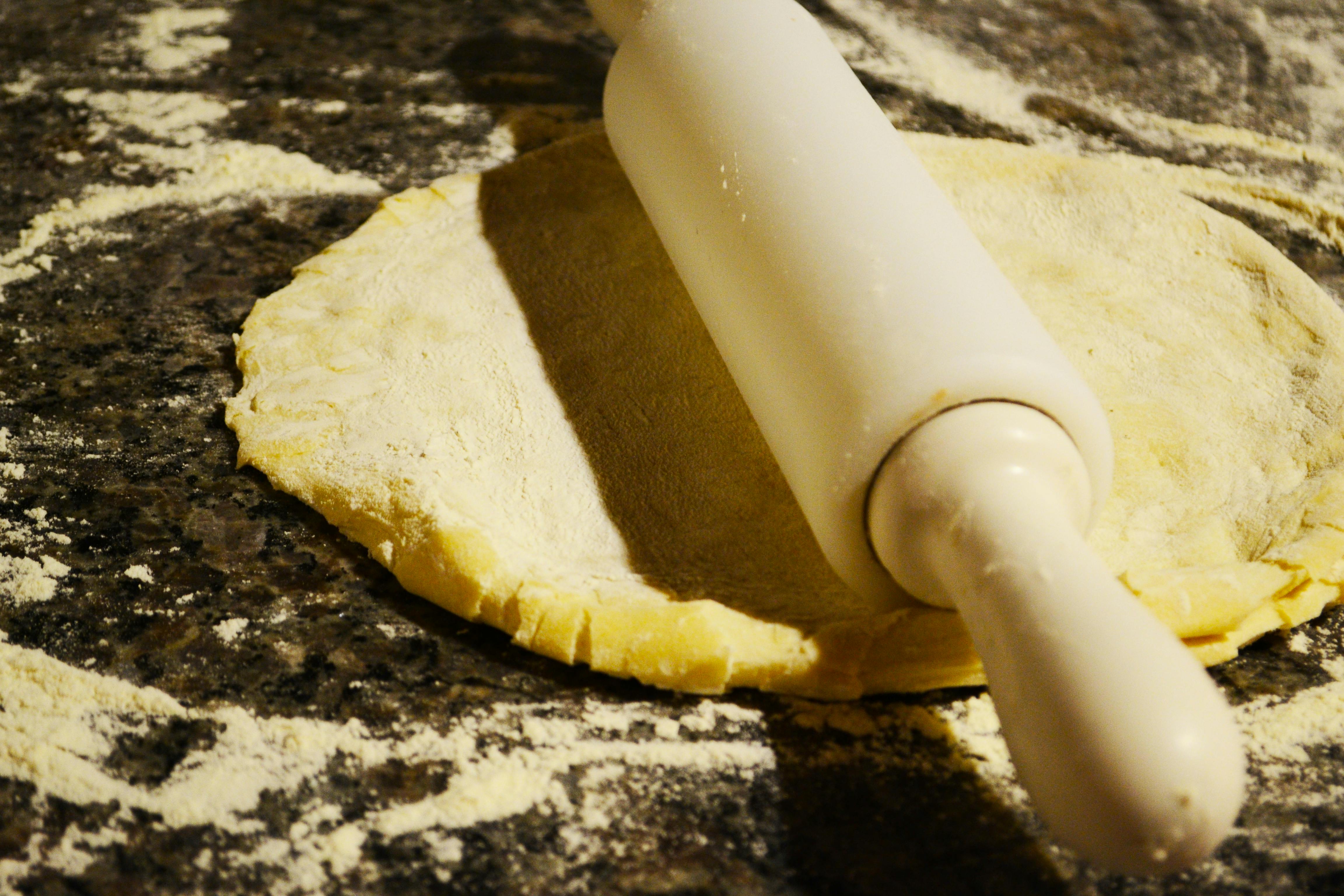Arabic Level 3, Activity 13: “Pizza Dough/تحْضِيرْ عَجِينَة البِيتزا” (Face-to-Face/Online)

Photo via Pexels
Description:
In this activity, students will practice kitchen-related vocabulary, and the food preparation steps, and then discuss about their preference for places they like to eat at.
Semantic Topics:
Pizza, dough, food, preparation steps, kitchen, Pour, mix, scramble, spread, Proofing, Kneading, Roll, butter, oil, egg, bowl, sugar, salt, flour, yeast, بيتزا ، عجين ، طعام ، خطوات التحضير ، مطبخ ، صب ، خلط ، دهن ، تدقيق ، عجن ، زبدة ، زيت ، بيض ، وعاء ، سكر ، ملح ، دقيق ، خميرة
Grammatical Structures: Nouns, Verbs, Adjectives, Prepositions, Conjunctions.
Products: expand vocabulary related to kitchen items, food preparation, and dining experiences.
Practices: Practice analyzing their own preferences related to food and dining.
Perspectives: Through the choice of vocabulary and the discussions about places to eat students may become proficient in discussing their preferences, and food preparation steps.
- Standard 1.1: Students engage in conversations or correspondence in Arabic to provide and obtain information, express feelings and emotions, and exchange opinions.
- Standard 1.2: Students understand and interpret spoken and written Arabic on a variety of topics.
- Standard 2.1: Students demonstrate an understanding of the relationship between the practices and perspectives of the cultures of the Arab world.
- Standard 4.2: Students demonstrate an understanding of the concept of culture through comparisons between the cultures of the Arab world and their own
Idaho Content Standards for World Languages:
- COMM 1.1: Interact and negotiate meaning (spoken, signed, written conversation) to share information, reactions, feelings, and opinions
- COMM 2.1: Understand, interpret, and analyze what is heard, read, or viewed on a variety of topics.
- CLTR 1.1: Analyze the cultural practices/patterns of behavior accepted as the societal norm in the target culture.
- CLTR 1.2: Explain the relationship between cultural practices/behaviors and the perspectives that represent the target culture’s view of the world.
NCSSFL-ACTFL Can-Do Statements:
- I can describe the food preparation steps.
- I can look at pictures in the kitchen vocabulary and identify them.
- I can talk about where I like to eat the most.
Materials Needed:
Warm-Up
- Ask students how would we say…. in Arabic. the slides have some kitchen vocabulary, try to explore their meaning with students.
اسأل الطلاب كيف نقول …. بالعربية. تحتوي الشرائح على بعض مفردات المطبخ ، حاول استكشاف معانيها مع الطلاب.
Main Activity
- copy and paste the steps for making the pizza dough on the chat box, unorganized.
انسخ والصق خطوات صنع عجينة البيتزا في مربع الدردشة ، غير منظمة.
- then ask students to copy and paste the steps organized. And then read each step.
ثم اطلب من الطلاب نسخ ولصق الخطوات بشكل منظم. ثم قراءة كل خطوة. - In the end, ask students to compare their answers with the correct answer slide.
في النهاية ، اطلب من الطلاب مقارنة إجاباتهم بشريحة الإجابة الصحيحة. - before starting, read with students the next slide about pizza dough ingredients.
قبل البدء ، اقرأ مع الطلاب الشريحة التالية عن مكونات عجينة البيتزا.Wrap-Up
- ask students “usually, where they prefer to eat. home or restaurant? ”
أين تُحِب أن تَأكُل البِيتَزا عادةً؟ فِي الـمَطْعَم أَم فِي البَيْت؟
End of Activity
- ask students “usually, where they prefer to eat. home or restaurant? ”
- Read Can-Do statements once more and have students evaluate
their confidence.
(Use thumbs up/thumbs down or download our student cards.) - Encourage students to be honest in their self-evaluation.
- Pay attention, and try to use feedback for future activities!
NCSSFL-ACTFL Can-Do Statements:
- I can describe the food preparation steps.
- I can look at pictures in the kitchen vocabulary and identify them.
- I can talk about where I like to eat the most.

